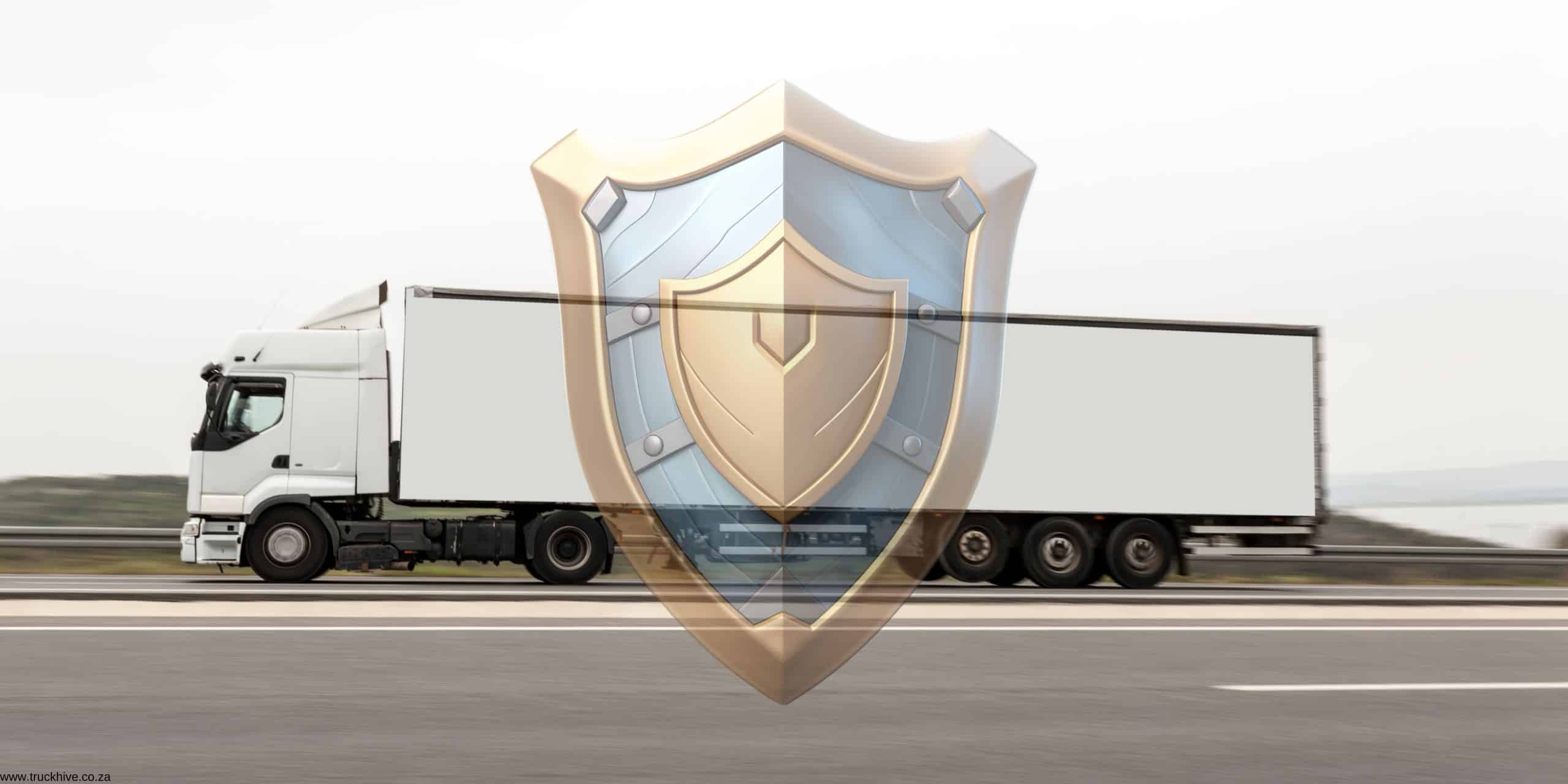

Protecting Your Trucking Logistics Cargo
Trucking logistics cargo insurance is a crucial aspect of the transportation industry, especially in a country like South Africa, where long distances and varying road conditions pose unique challenges.
This type of insurance provides coverage for goods being transported by trucks against risks such as theft, damage, or loss.
Understanding the ins and outs of cargo insurance is essential for both trucking companies and cargo owners to protect their interests and ensure the safe delivery of goods.
What Is Trucking Logistics Cargo Insurance?
Trucking logistics cargo insurance is a specialized type of insurance that provides coverage for goods being transported by truck.
This insurance protects against a range of risks, including theft, damage, or loss of cargo during transit.
In South Africa, where the trucking industry plays a critical role in the economy, cargo insurance is a vital tool for mitigating risks and ensuring the safe and timely delivery of goods.

Types Of Cargo Insurance Explained
1. All-Risk Insurance: This type of insurance provides the broadest coverage for cargo.
It protects against all risks of physical loss or damage to the insured goods, except those specifically excluded in the policy.
All-risk insurance is comprehensive and provides coverage for a wide range of risks, including theft, damage due to accidents, and natural disasters.
It is the most common type of cargo insurance and offers the highest level of protection.
2. Total Loss Insurance: Total loss insurance provides coverage for the complete loss of goods due to an insured event.
This could include theft, fire, sinking of the vessel, or other catastrophic events. If the goods are completely destroyed or lost, the insurance company will compensate the policyholder for the full value of the goods.
3. General Average Insurance: General average insurance covers the loss incurred by the owner of the cargo when a ship or its cargo is intentionally sacrificed to save the ship, cargo, or crew from a common peril.
In general average situations, all parties involved in the voyage share the losses incurred, and general average insurance helps protect cargo owners from financial loss in such circumstances.
4. Named Perils Insurance: Named perils insurance provides coverage for specific risks that are explicitly listed in the insurance policy.
Common named perils include fire, theft, collision, and sinking.
This type of insurance offers more limited coverage compared to all-risk insurance but can be more cost-effective for cargo owners looking to protect against specific risks.

5. Warehouse-To-Warehouse Insurance: This type of insurance provides coverage for goods from the moment they leave the warehouse of the seller until they reach the warehouse of the buyer.
It offers comprehensive coverage for the entire journey of the goods and is often used for high-value or sensitive cargo.
6. Inland Marine Insurance: Inland marine insurance provides coverage for goods while they are in transit over land, including by truck, train, or other inland transportation methods.
It protects against risks such as theft, damage, or loss during transit and is important for goods that are transported domestically within a country.
Understanding the different types of cargo insurance is crucial for trucking companies and cargo owners to choose the right coverage for their needs.
Each type of insurance offers different levels of protection against specific risks, and selecting the appropriate coverage can help mitigate financial losses in the event of an unforeseen incident.

Advantages Of Trucking Logistics Cargo Insurance
1. Protection Against Loss: One of the primary advantages of cargo insurance is that it provides protection against the loss of goods during transit.
This can include theft, damage due to accidents, or loss caused by natural disasters.
2. Legal Compliance: In South Africa, it is a legal requirement for trucking companies to have cargo insurance.
This ensures that companies comply with the law and avoid potential legal issues.
3. Financial Security: Cargo insurance provides financial security for both trucking companies and cargo owners.
In the event of a loss, the insurance company will compensate for the value of the lost or damaged goods, reducing the financial impact on the parties involved.
4. Peace of Mind: Knowing that goods are protected by cargo insurance can give trucking companies and cargo owners peace of mind.
They can focus on their core business activities without worrying about potential risks to their cargo.
5. Customer Confidence: Having cargo insurance can also enhance customer confidence.
Cargo owners are more likely to trust a trucking company that offers insurance coverage for their goods, leading to better business relationships and repeat business.

Conclusion
Trucking logistics cargo insurance is a critical component of the transportation industry in South Africa.
It provides protection against a range of risks, including theft, damage, or loss of goods during transit.
By understanding the advantages of cargo insurance and the different types available, trucking companies and cargo owners can make informed decisions to protect their interests and ensure the safe delivery of goods.
Add a comment Cancel reply
Categories
- Blog Posts (43)
- Buying Tips (5)
- Selling Tips (4)
- Truck Reviews (17)
Recent Posts
About us

Meet Percy, the blog editor who knows his semicolons from his emojis, and his coffee order by heart. He may spend most of his days glued to a computer screen, but don’t let that fool you – he is a superhero at midnight (as long as there’s enough caffeine involved). When he is not editing blog posts, you can usually find him daydreaming about his next snack break or planning his next witty tweet.
Related posts


The Transformative Dynamics Of Trucking Workforce Demographics

Revolutionizing Retail Trucking Logistics In South Africa









